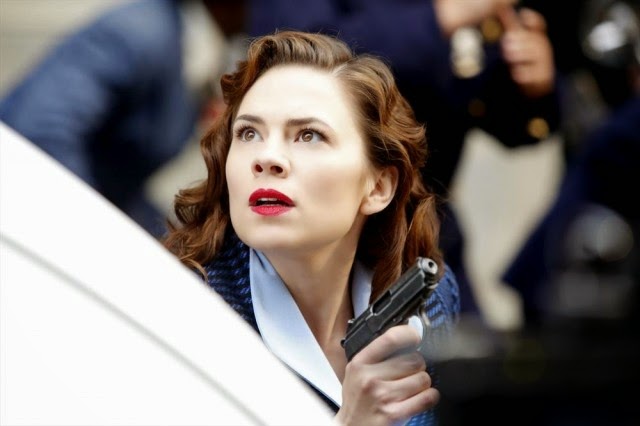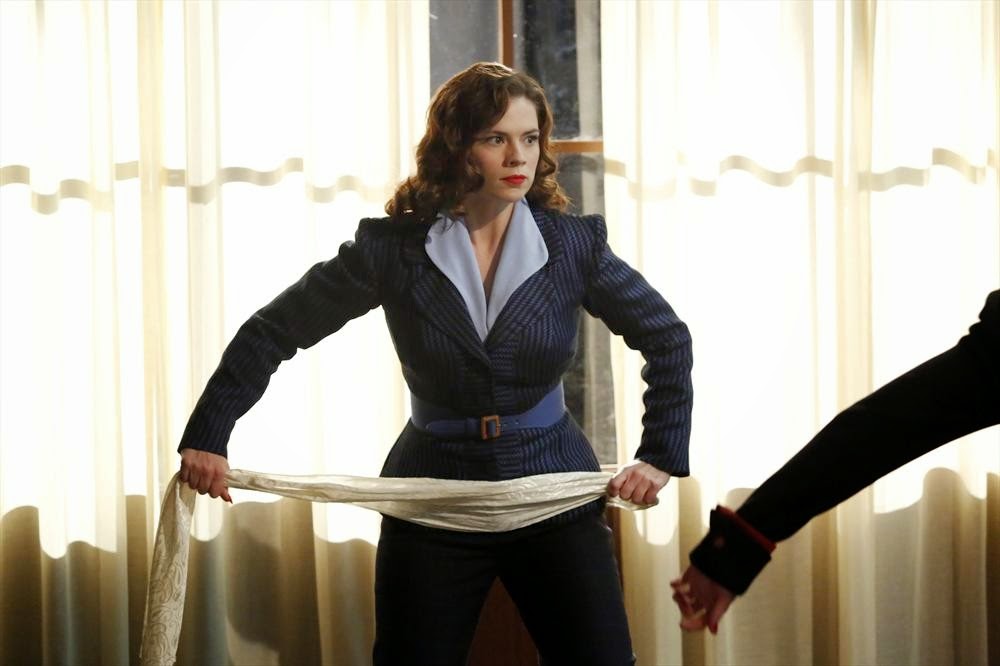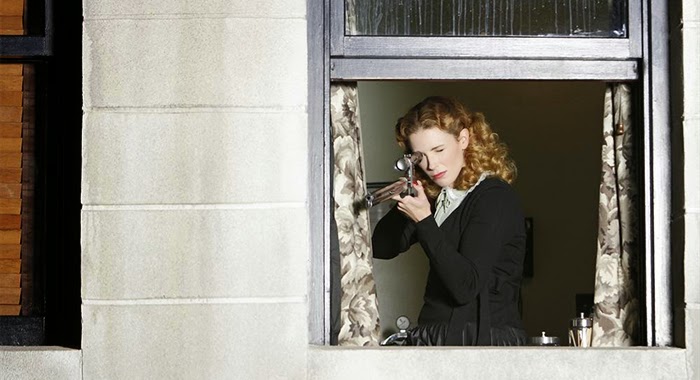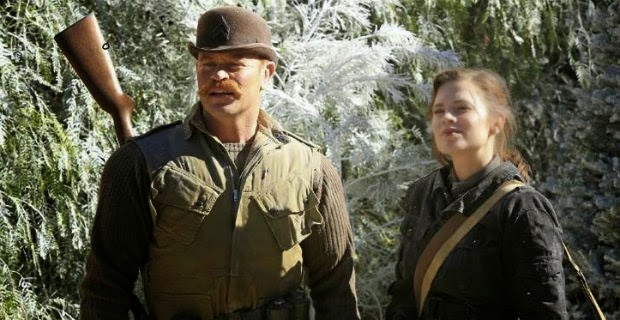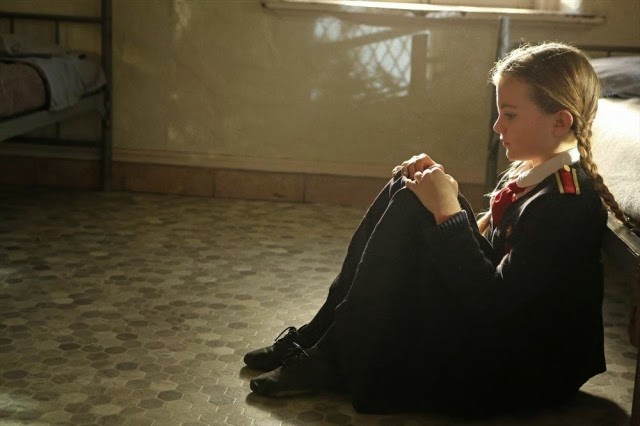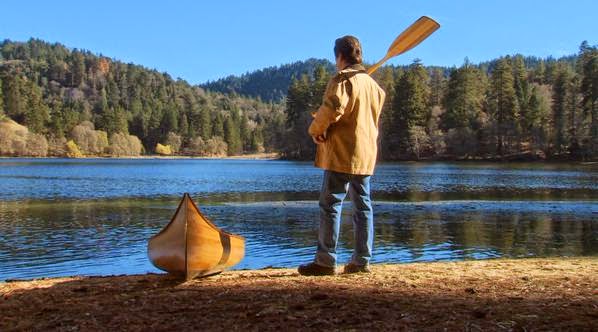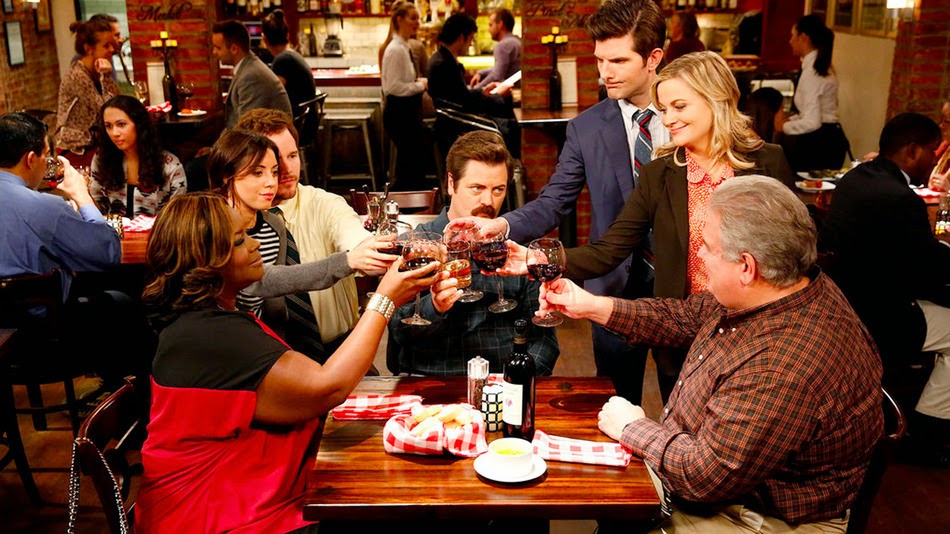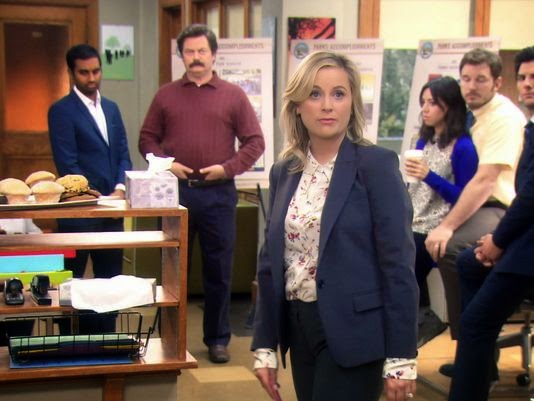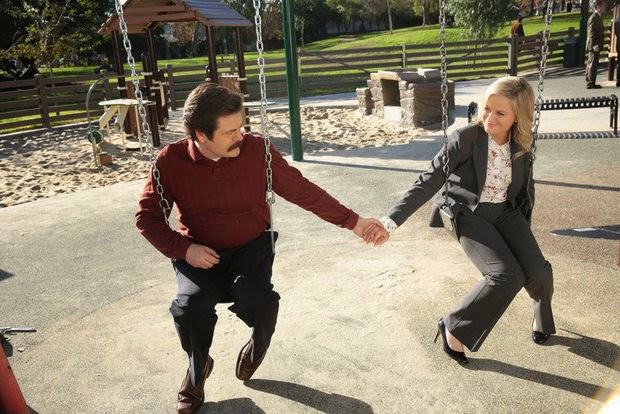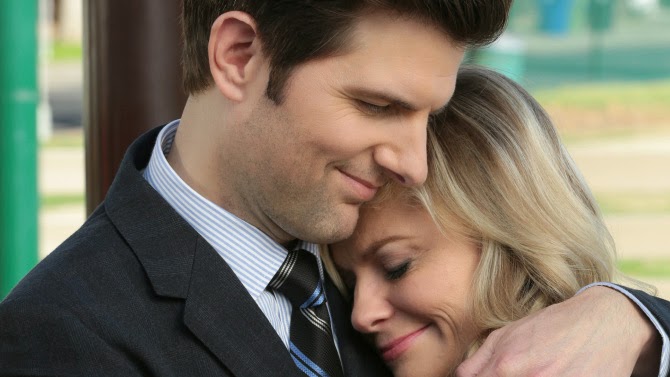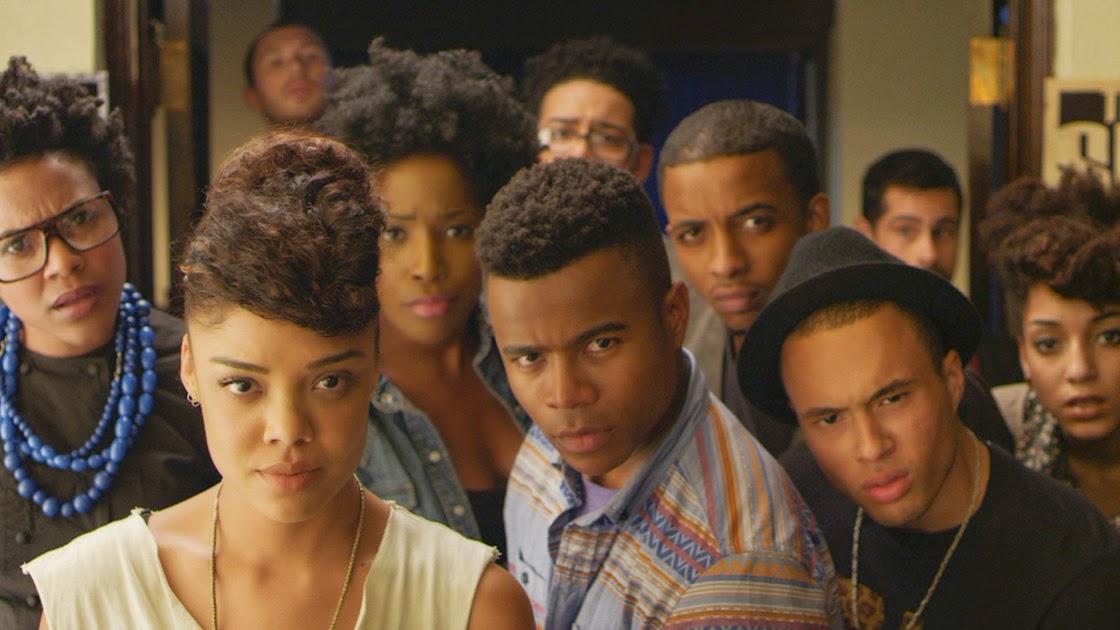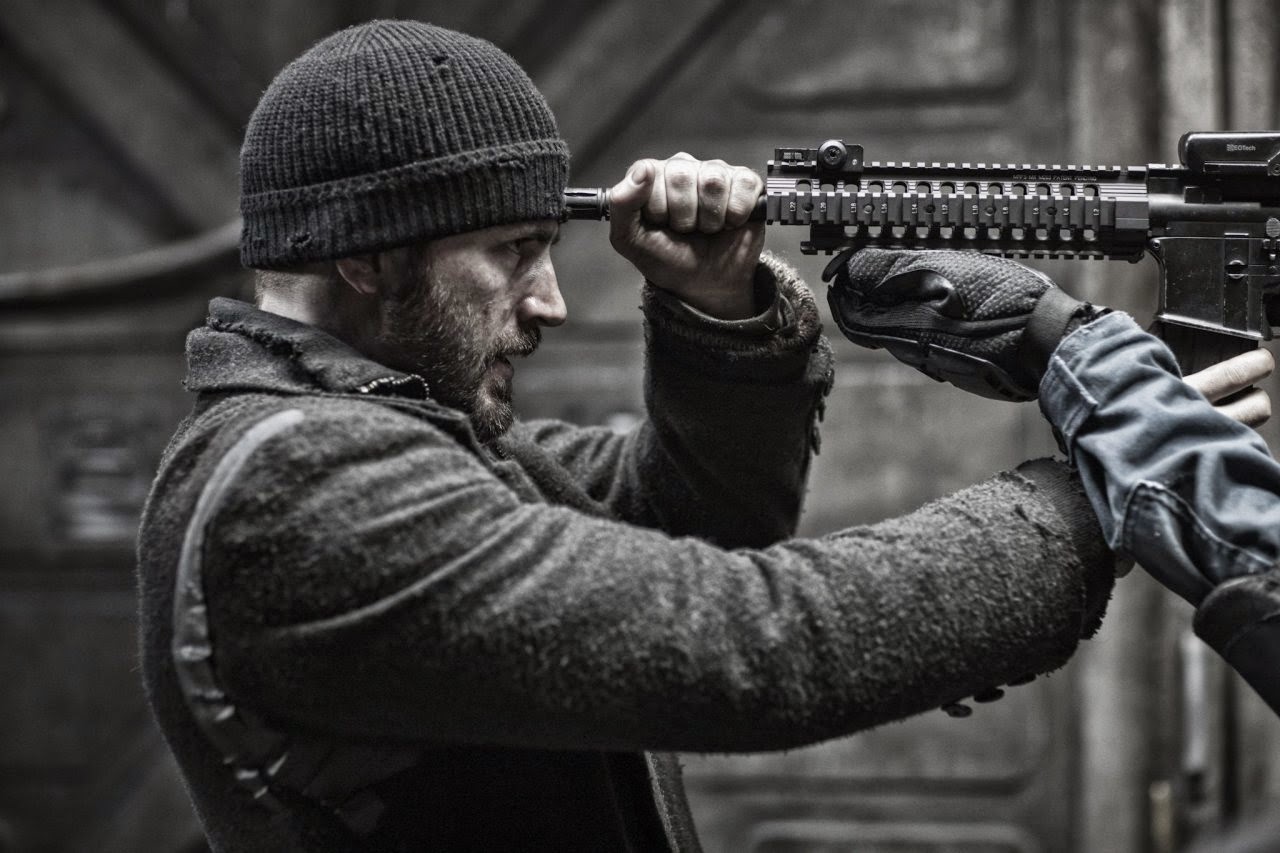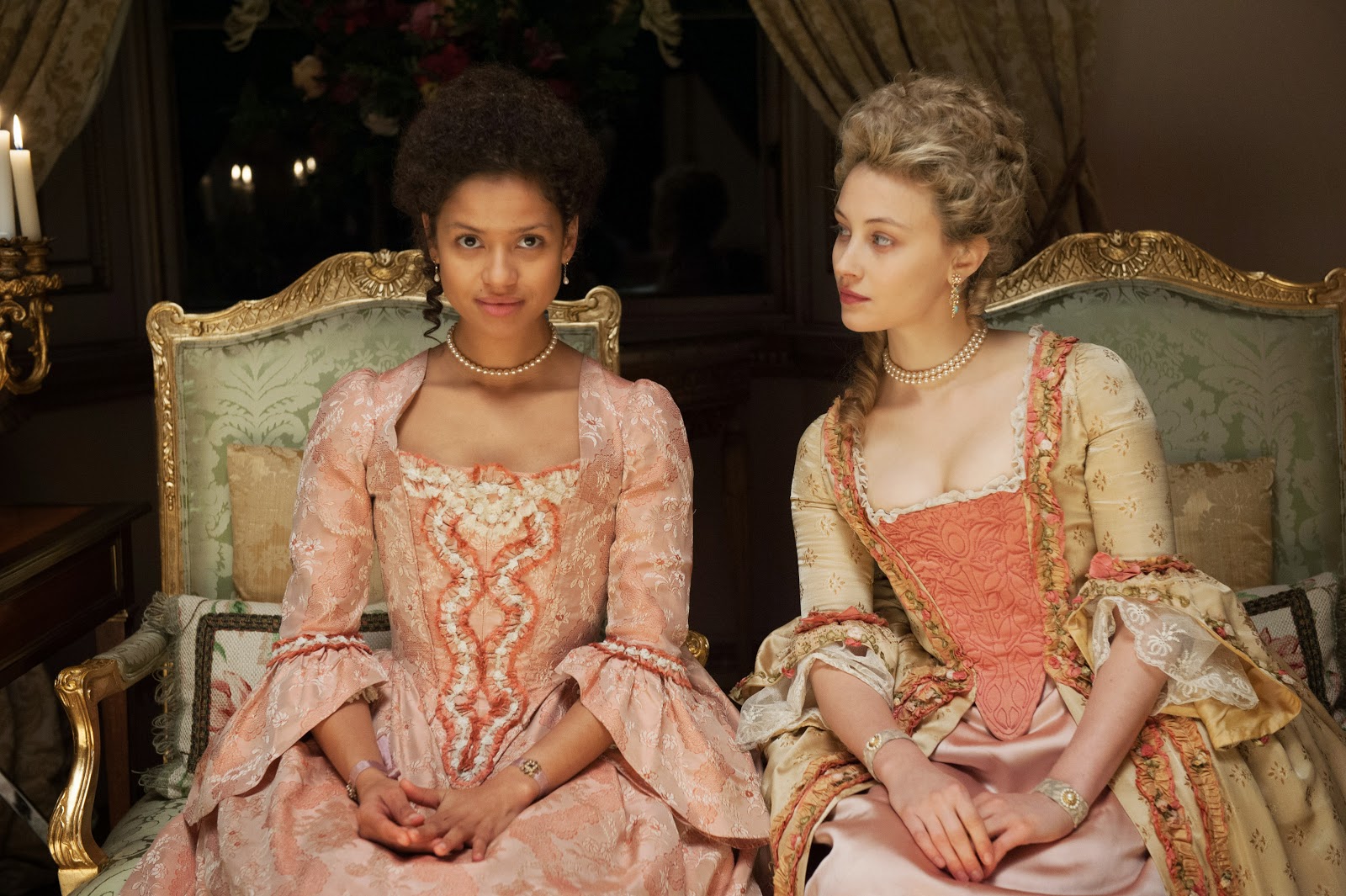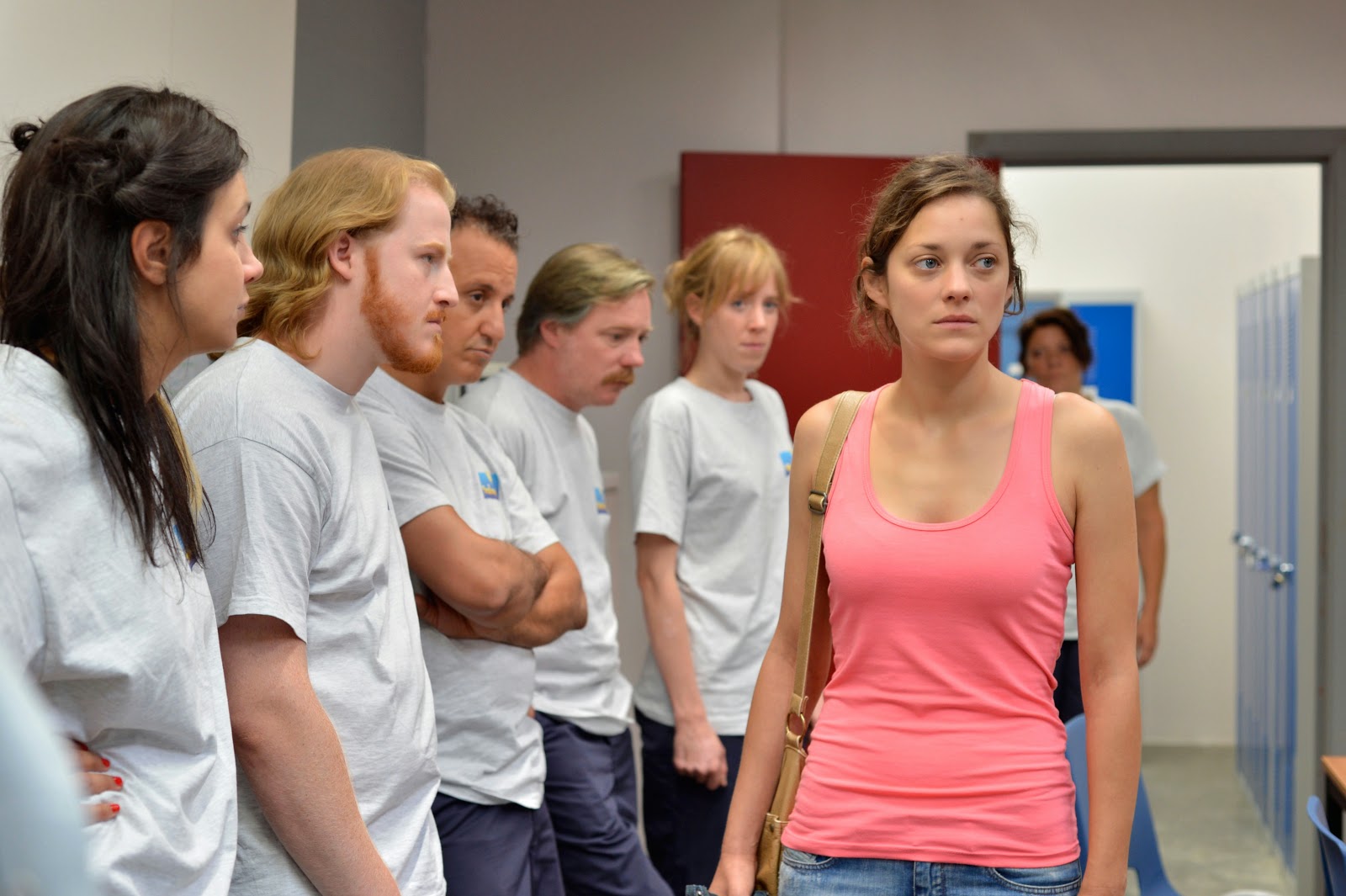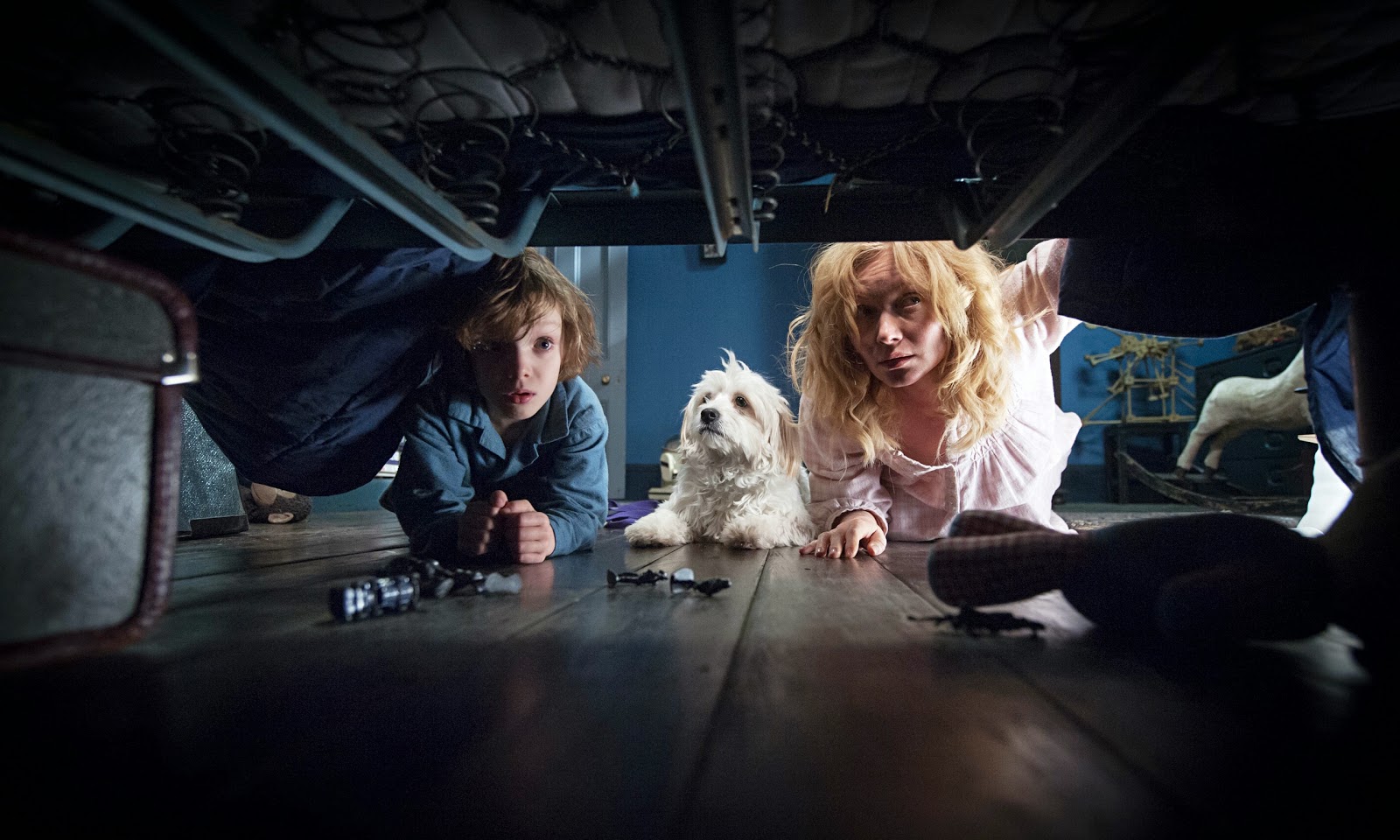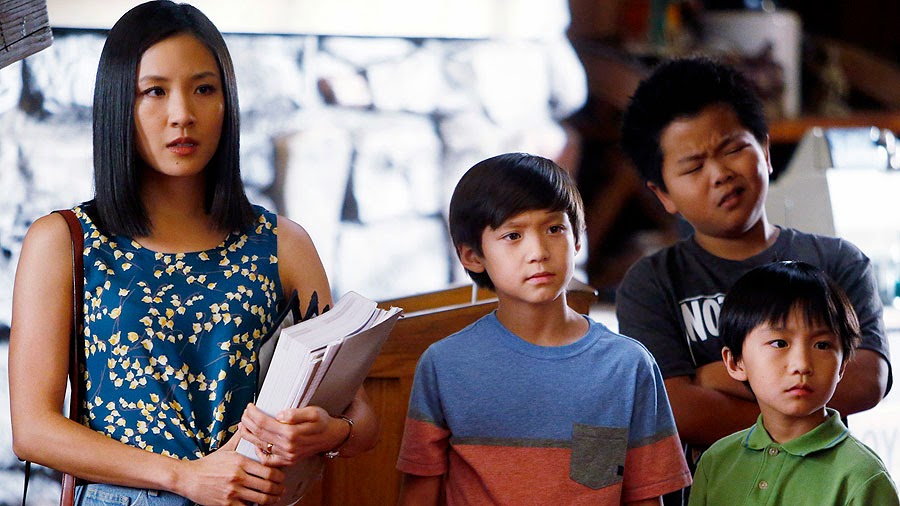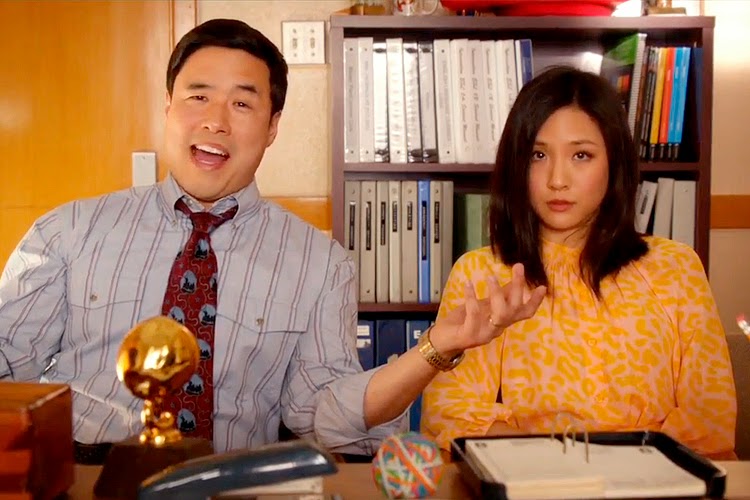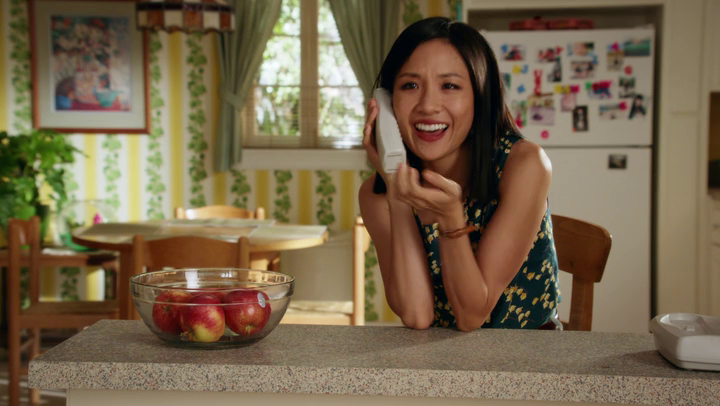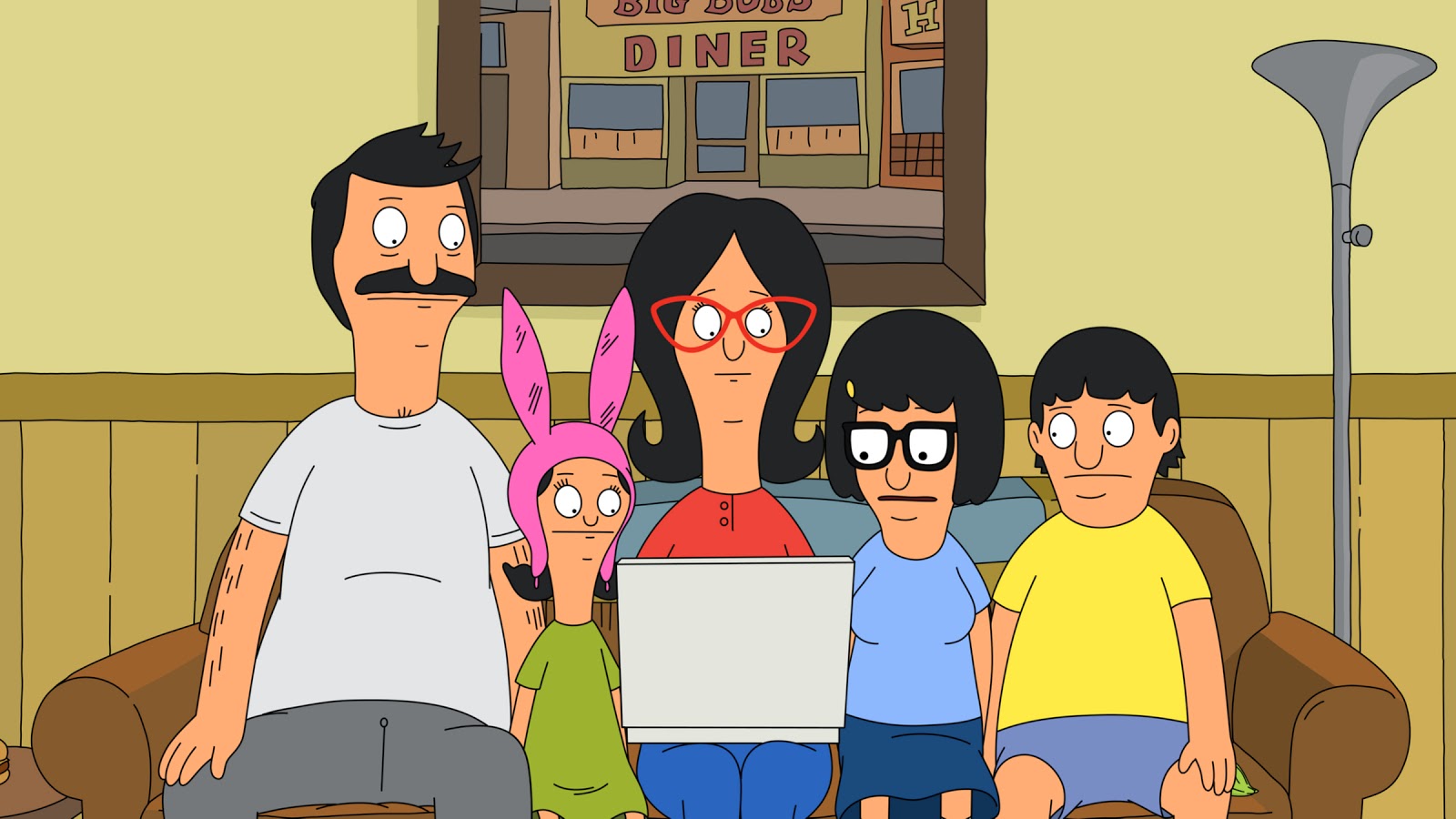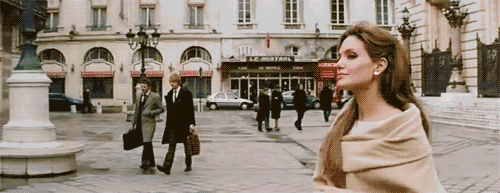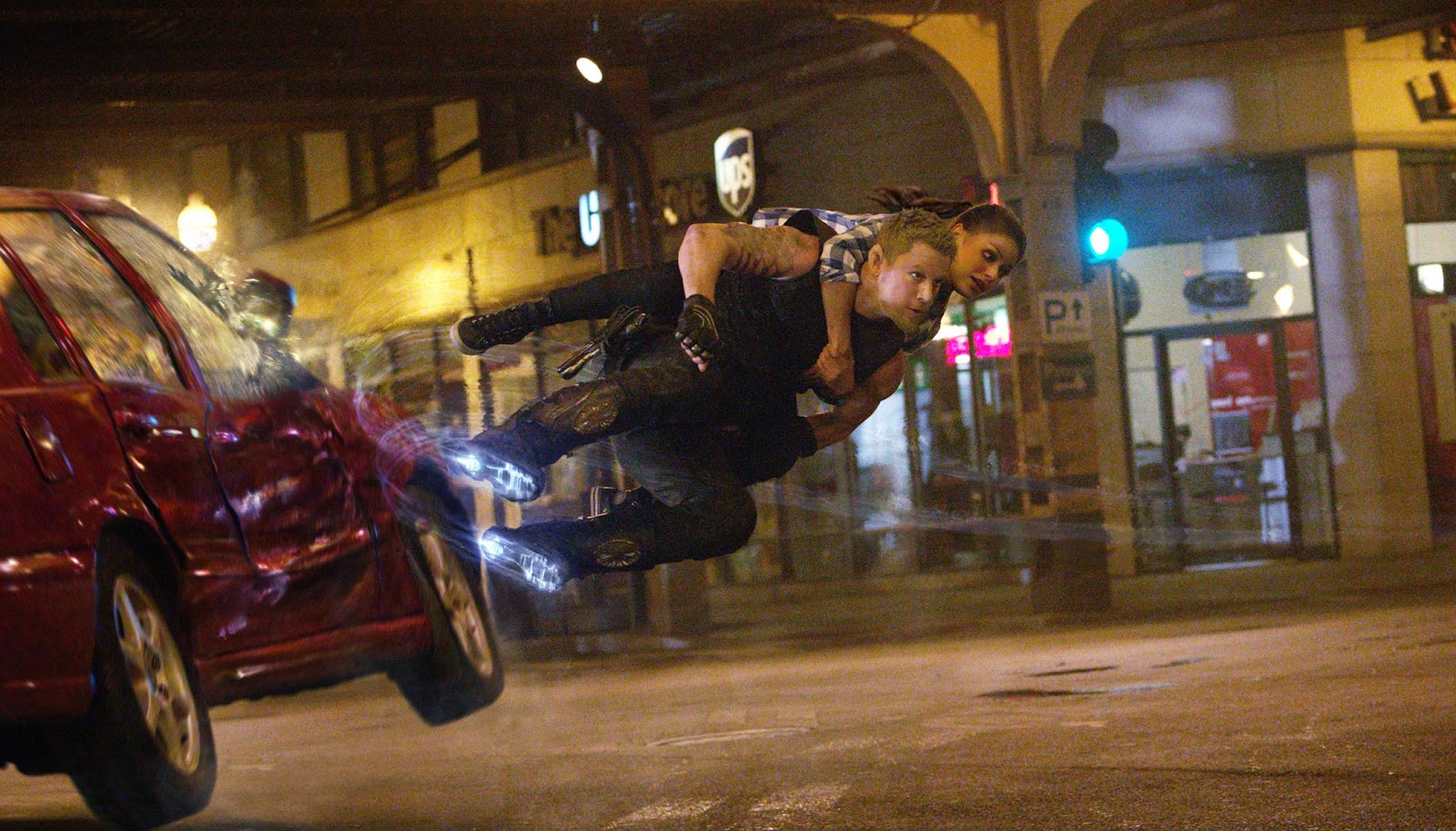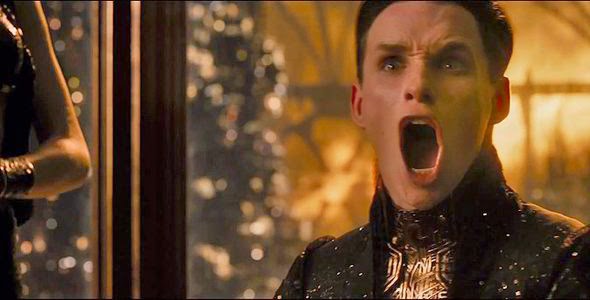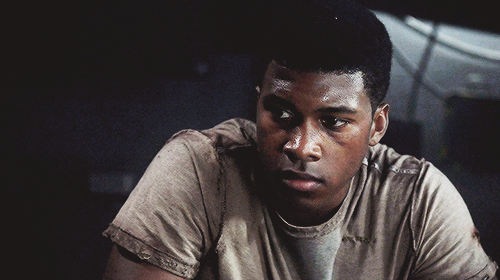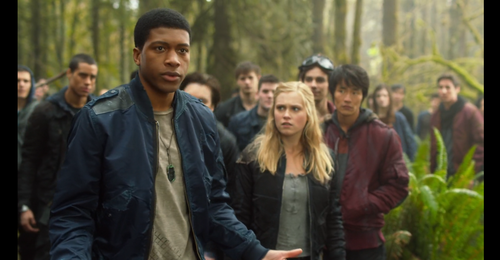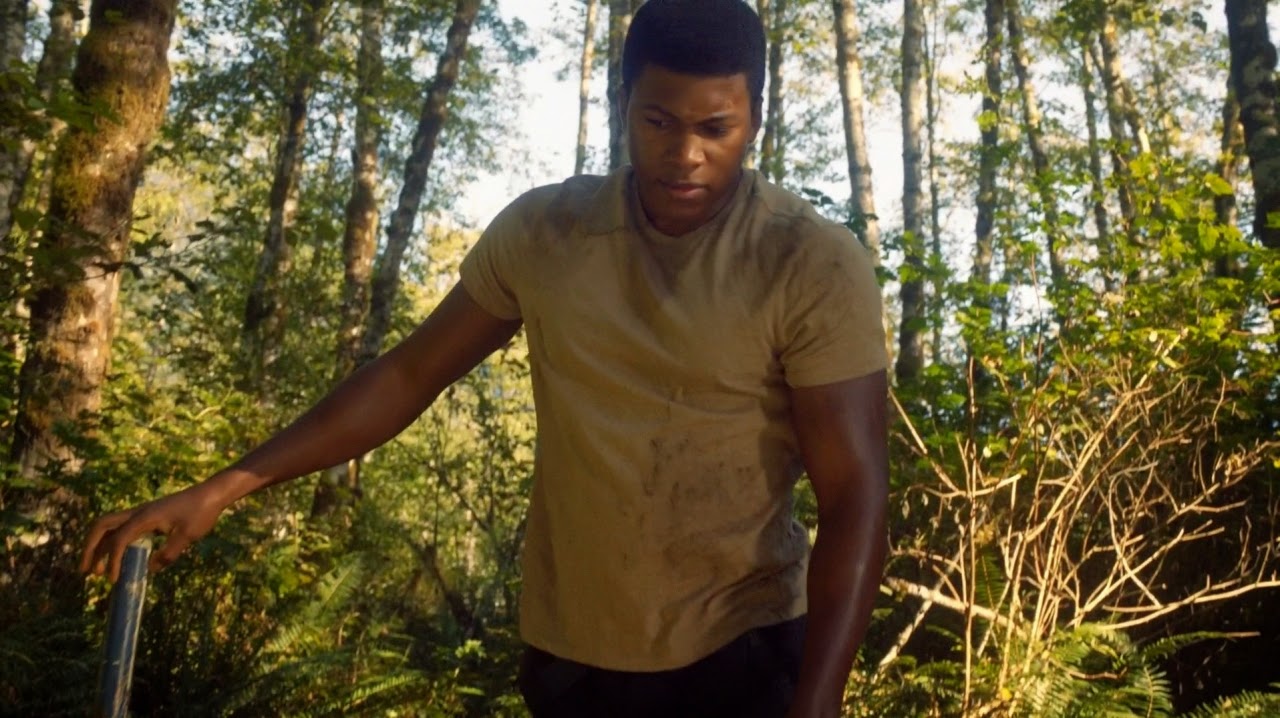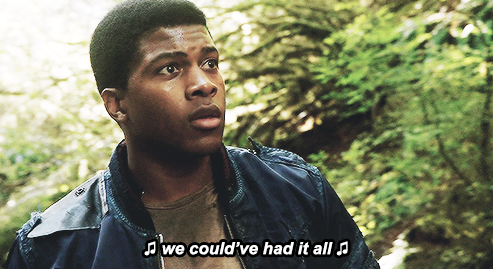In all of the hullabaloo over Parks and Recreation ending (my own hullabaloo included) we kind of glossed over the other show that ended, at least for now, on Tuesday night. That's right, Agent Carter finished its first season this week, and I think it's worth taking a moment to look back and ask, "So, how did it do?"
The answer of course being that it did really freaking well and you should have been watching it. If you were watching it, good job.
Look, as I'm sure you all don't really need reminding, Agent Carter isn't just a really cool show about one of my favorite characters, it also represents the first major female lead project of the Marvel Cinematic Universe. At least of the MCU that started with Iron Man. This show, which some felt they could dismiss by pointing out that it's just a hiatus-filler for the less-than-stellar Agents of SHIELD, is in fact a huge stepping stone for Marvel's representation of women. And the people making the show were clearly aware of this. There was intentionality here.
The show, Agent Carter, is loosely based on the Marvel short of the same name. In the short we got to see fifteen minutes of Agent Peggy Carter (Hayley Atwell, reprising her role from the Captain America movies) acting as an agent of the SSR. She took on a mission, recovered a briefcase, beat up some bad guys, and in the end she got to start SHIELD. Awesome. The show then took that same presmie - Peggy as an SSR agent fighting both sexism and bad guys and eventually founding SHIELD - and developed it more.
So the show starts out in 1946. Peggy and her fellow soldiers are home from the war, but it's not as easy for her be a badass woman in peacetime as it was on the front. Now that she's home, Peggy is relegated to the office secretary, and her male coworkers are openly dubious of her claims to have served with Captain America. She's seen as some floozy who got her job because of a favor, and no one really pays attention to her.
Peggy's bored and angry and feels useless, which is a ripe combination for Howard Stark (Dominic Cooper, also reprising his role) to waltz back into her life and give her a job to do. See, his vault of inventions has been pilfered, and he needs Peggy to retrieve them all before they can be sold on the black market. After all, he's Howard Stark, and he's invented some pretty dangerous stuff. He'd go himself, but the American government, including the SSR, has declared him a traitor and is ready to prosecute. So Peggy's on her own.
Well, almost on her own. She'll have the help of Howard's butler, Edwin Jarvis (James D'Arcy). And while Peggy and Jarvis are less than thrilled with each other at first, their blossoming friendship becomes one of the highlights of the show.
Essentially the show follows Peggy as she works behind the SSR's back to recover Howard's stolen inventions, acting as a literal double agent and occasionally committing treason, but all in the name of the greater good. There are some snags along the way, like when she discovered that Howard and Jarvis weren't telling her the whole truth, or when the SSR realized what she was doing, but the majority of the season was about Peggy clearing Howard's name and in the process remembering how fun it is to be a badass special agent.
What makes the show remarkable and more than just eight episodes of perfectly watchable fluff, is how strongly the writers, actors, and directors grounded us in Peggy's life. And not just in the cool espionage aspects of it, but in the daily, sometimes sad reality of what it meant to be a woman home from the war in 1946. We see Peggy struggling to make and sustain human connections.
We see her boil over with rage that she can't express when her coworkers disregard her time and again. We see her frustration not just with her own lot, but with those of the women around her. Colleen, her first roommate, was scared she'd be fired from her job at the factory so that the job could go to a returning soldier. Peggy's best friend, Angie (Lyndsy Fonseca) deals with constant, unremitting sexism at her job, and while Peggy can do a few things, she can't fix it all. The show put us directly in Peggy's life so that we couldn't avoid seeing her struggle.
Here's why that matters. Since Agent Carter is Marvel's first big female lead project, it has the impossible task of setting the tone for everything that follows. Not maybe intentionally or even consciously, but it does. That's how this always works. So in making this show, the writers and actors had to be super aware that their portrayal of Peggy's character was going to become the baseline for understanding female characters.
That's why it matters so much that we don't see a redacted version of Peggy's life. We don't see a glamorized, all espionage, all car chases version. We see a version where Peggy lies about getting her period so she can take the afternoon off work. We see the version where she spends so much time tracking cases at night that she neglects her friendships. We see the intractable sexism in the workplace because we as an audience desperately need to understand where someone like Peggy is coming from. That way we can see where she's going.
It's intentional, and it has to be. That's how we're going to get compelling, developed female heroes later on.
And the intentionality of the way women are shown in the series doesn't just end with Peggy. We also get to see women of all different types, and, crucially, women who are integral to the plot. Yes, there's Angie, who is lovely and wonderful and fleshes out Peggy's external life, but there are also women in the espionage plots, and that matters too.
We've got Rose (Lesley Boone), a seemingly benign telephone operator who actually serves as the entrance point for SSR headquarters and has a gun she's willing and able to use to protect that entrance. Miriam Fry (Meagan Fay) might just be Peggy's landlady and occasional pain in her butt, but she's also central to several of the storylines. And of course we can't forget "Dottie Underwood" (Bridget Regan), Peggy's housemate turned Russian assassin.
All of these female characters serve to give the show a sense that yes, Peggy is exceptional, but she's not the exception. There are other women in this world, ones that Peggy knows and speaks to and who sometimes she has to fight. It makes it clear that Peggy's world is not one where she is the only woman who does things, and that matters a lot going forward.
But perhaps for me the most meaningful moment of the entire series happened at the very end of the last episode of this season. Throughout the season we've seen Peggy struggle with sexism in the workplace, rage against being forced to fill the roles that her male coworkers and supervisors think she should play, and generally being tossed around like a toy no one wants.
In the final episode, Peggy is vindicated and, as she predicted, all the men she works with are forced to see her value. But then the curtains draw back and a group of bureaucrats comes in, ready to congratulate and applaud the hero of the day - her coworker, Jack Thompson (Chad Michael Murray). Jack has a long moment wherein we wonder if he will tell the truth and admit that it was all Peggy all along, and then he doesn't. He just takes her credit and walks away.
We expect Peggy to be enraged, to be spitting bullets, like their fellow coworker, Daniel Sousa (Enver Gjokaj), is, but she's not. And when Sousa demands to know why she's not more upset, Peggy's answer is kind of the best thing ever.
I don't need a congressional honor. I don't need Agent Thomson's approval, or the President's. I know my value. Anyone else's opinion doesn't really matter.It's an amazing quote because this sets the tone. It shows very clearly that even if Peggy did originally want her coworkers to respect her and that was what she was doing all this for, she's past that now. She doesn't need anyone to tell her she did a good job because she knows she did. She knows exactly who she is and what she's worth, and no one can take that away from her.
This quote matters so much going forward. Like, so much. It matters because it sets up the idea that female heroes do not have be the counterparts of male heroes. They don't have to win our approval or cater to our needs or beg for our opinion. They can just be, take it or leave it. It's confidence, and it's awesome.
If you haven't watched Agent Carter yet, I really strongly recommend that you do. It's good television. Really good. And it tells a story we haven't gotten to hear before. But more than that, it sets a tone for Marvel's future that I think is the best possible tone we could have. A future where we're not super concerned with making sure female characters have "earned" their place, or where we stress over whether or not they're likable or sexy. A place where women are people and our stories are worth telling. I'm grateful for that.
And I'm also grateful for an entire season of getting to see Peggy Carter fight by just hitting people with the nearest available object. Let's get this show renewed so we can see what she's going to smack someone with next!
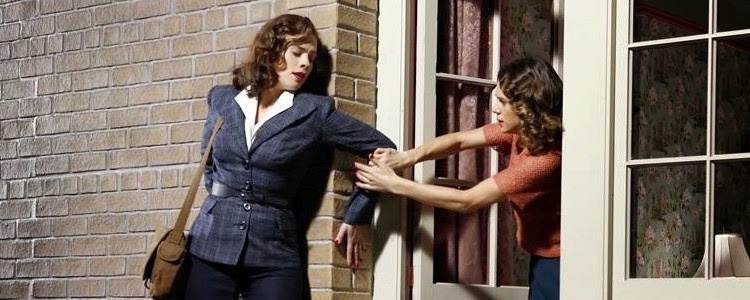 |
| Also more Angie and Peggy shenanigans please. |

